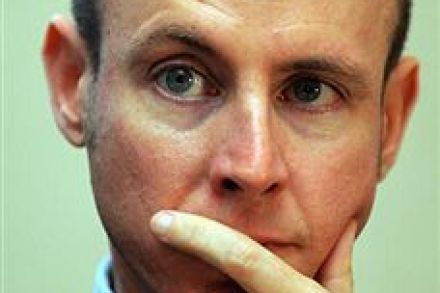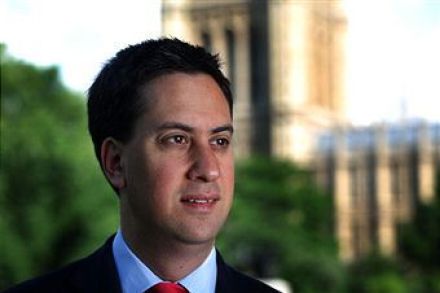In or out?
You’ve got to hand it to Dan Hannan – he knows how to make a splash. His latest initiative is a cross-party campaign for an “in or out” referendum on Britain’s EU membership. You can find details in his article for the Telegraph today or, indeed, on the campaign’s actual website. But the basic argument runs thus: with the AV vote next year, referendums are now hardwired into the political mainstream – so why not give us a vote on one of the biggest questions of national sovereignty that we face today? And if you agree with him on that, you can sign up here. Hannan is, of course, making

















